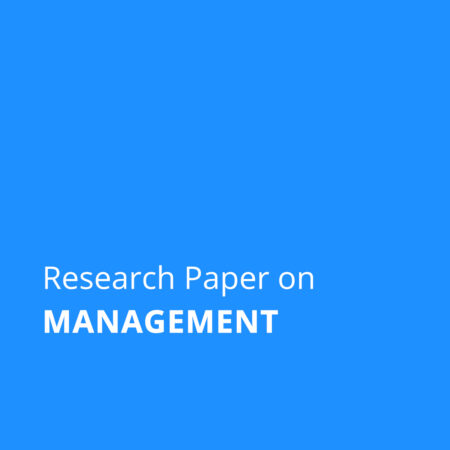Description
Title: Perspectives on Proteomics-Driven Body Fluid-Based Cervical Cancer Biomarkers
Abstract: One of the most common cancers in women worldwide is cervical cancer, which maintains its ranking despite being curable in its early stages. Due to persistent taboo and invasive screening procedures, particularly in developing economies, gynecological conditions, including diseases like cervical cancer, still draw scrutiny from society. Current diagnoses also lack sensitivity and specificity, delaying diagnosis until it is too late. The development of omics-based technologies makes it possible to identify different multi-omics profiles between cancer patients and healthy people, which could be used to find body fluid-based biomarkers. Body fluids are a promising potential alternative for preventing invasiveness issues, early disease detection, and serving as a source of potential biomarkers. The body fluids-based biomarkers for cervical cancer will be described in detail in this review. Here, we have discussed our viewpoint on proteomics for global biomarker discovery by addressing a number of relevant issues, such as the difficulties associated with cervical cancer. Additionally, we performed a meta-analysis of biomolecular profiles that were noticeably up-regulated in CVF from cervical cancer patients using bioinformatic techniques. Our analysis identified changes in the biological pathways that can collectively lead to the malignancy of cervical cancer in CVF, including immune response, glycolytic processes, regulation of cell death, regulation of structural size, protein polymerization disease, and other pathways. We think that in the near future, more thorough research on these biomarkers will hasten the process of early detection and prevention of cervical cancer.
Keywords: LC-MS/MS—liquid chromatography coupled with tandem mass spectrometry; DIGE—difference gel electrophoresis; CVF—cervicovaginal fluid; MALDI—TOF—matrix-assisted laser desorption/ionization—time of flight; CSCC—cervical squamous cell carcinoma; iTRAQ—isobaric tags for relative and absolute quantification; ELISA—enzyme-linked immunosorbent assay; HPV—Human Papillomavirus; CIN—cervical intraepithelial neoplasia; CaCx—cervical cancer; MRM—multiple reac- tion monitoring; PRM—parallel reaction monitoring; LFQ—label-free quantification
Paper Quality: SCOPUS / Web of Science Level Research Paper
Subject: Biology
Writer Experience: 20+ Years
Plagiarism Report: Turnitin Plagiarism Report will be less than 10%
Restriction: Only one author may purchase a single paper. The paper will then indicate that it is out of stock.
What will I get after the purchase?
A turnitin plagiarism report of less than 10% in a pdf file and a full research paper in a word document.
In case you have any questions related to this research paper, please feel free to call/ WhatsApp on +919726999915



Reviews
There are no reviews yet.